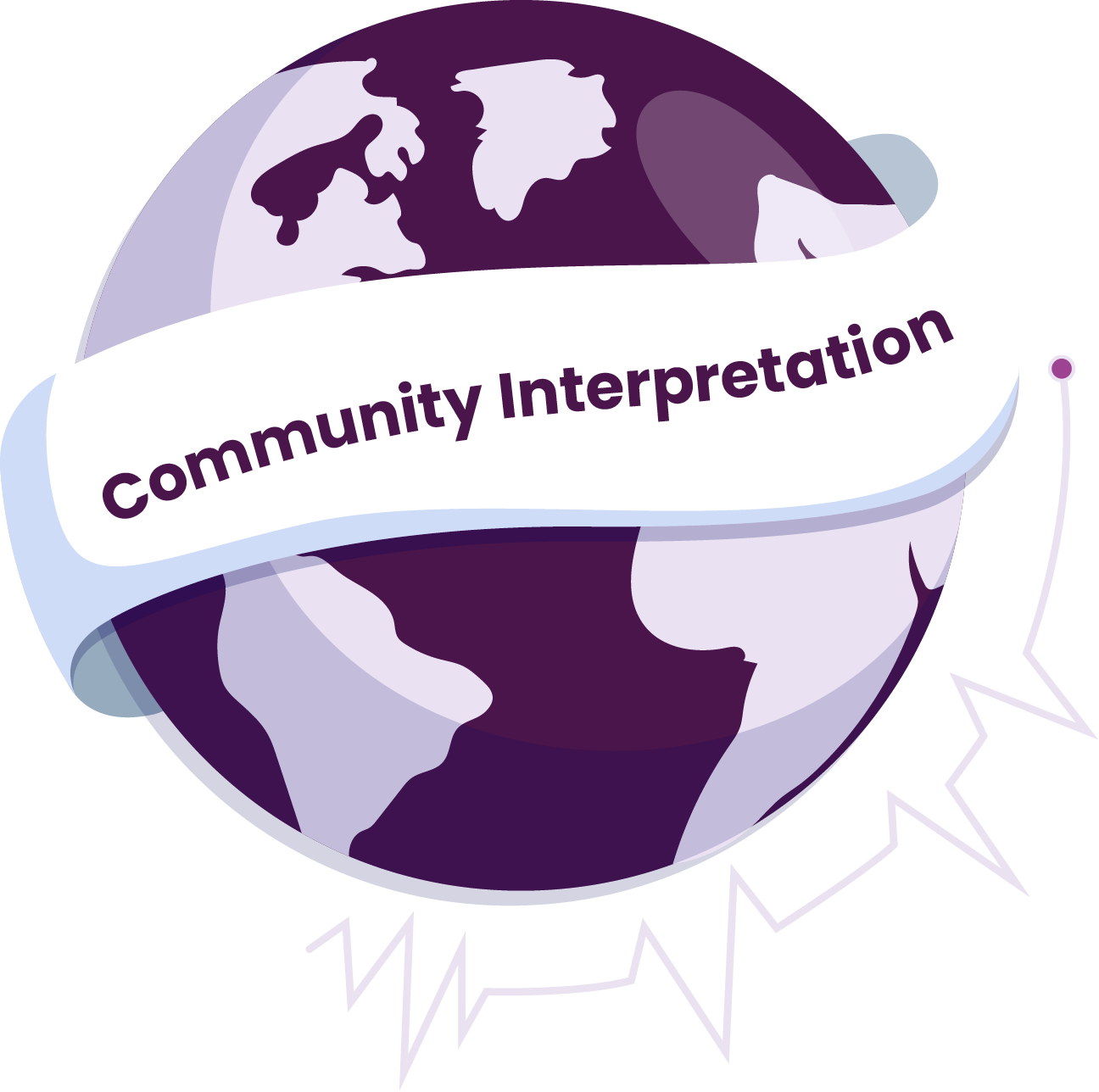Kalam Community Interpretation Program (KCI)
Develop essential skills in community interpretation across legal, social, and healthcare settings. Support vulnerable individuals with clarity, ethics, and cultural sensitivity.

About the Course
Gain practical skills in interpreting across legal, healthcare, and social service settings. Learn how to support individuals in sensitive situations with professionalism and cultural awareness.
Beginner Friendly
Open to bilingual individuals. No previous interpreting experience required—just a commitment to learn and assist others.
Flexible Schedule
Total duration: 35 hours. Study at your own pace, with access to realistic scenarios and guided practice.
Certificate of Completion
Receive an official certificate that highlights your training in community interpretation.
About the Course
This course offers interpreters an in-depth understanding of community interpretation, focusing on its historical development, importance, and practical application in various high-stakes settings such as asylum interviews, law enforcement, child protection, and legal consultations. Participants will explore real-world scenarios ranging from police investigations to domestic violence interventions, enhancing their skills and understanding of the ethical, cultural, and linguistic challenges that arise when interpreting for diverse communities. With a balance of theoretical learning and hands-on practice, this course aims to equip interpreters with the tools needed to handle sensitive interactions while maintaining accuracy, neutrality, and professionalism.

Learning Objectives
By the end of this course, interpreters will:
- Define community interpretation and identify key settings where it is used, including lawenforcement, child protection, and healthcare.
- Analyze the historical development of communityinterpretation and its role in promoting social justice and community welfare.
- Identify the core elements of professional standards andethical principles for community interpreters, with a focus on confidentiality,impartiality, and cultural sensitivity.
- Understand and apply different moods of interpretation, such as simultaneous and consecutive interpreting, including challenges in over-the-phone interpreting and remote settings.
- Interpret sensitive and complex interactions accurately,maintaining emotional control, neutrality, and professionalism, especially incases of child abuse, domestic violence, and drug-related offenses.
- Address emotional and psychological nuances during interpretation, particularly when interpreting for vulnerable individuals, such as children and victims of domestic violence.
- Handle high-stress situations with confidence, interpreting for individuals under legal scrutiny or experiencing trauma, while ensuring that the message is faithfully conveyed without bias or distortion.
- Apply ethical decision-making skills, ensuring that the needs of all parties involved are met, and that the integrity of the interpreting process is upheld.

Course Curriculum Breakdown

Certificates

Related Course
Get the Latest from Kalam
Insights. Opportunities. Updates.






